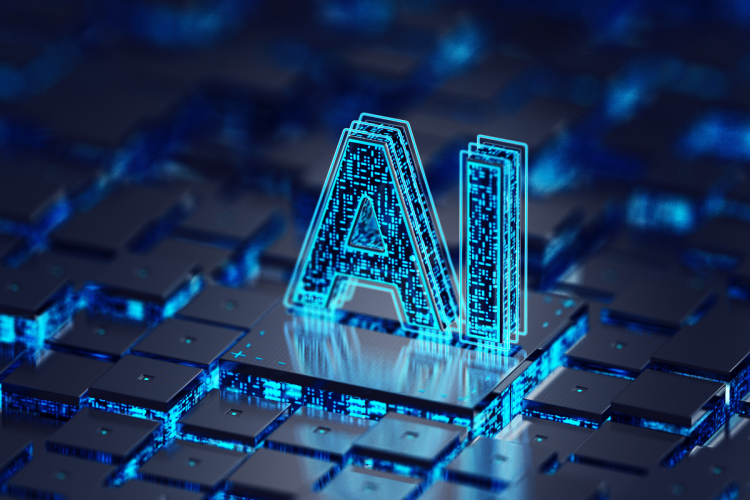Copyright in the age of AI: Legal tensions and emerging cases

The rapid advancement of generative artificial intelligence (“AI”) has ushered in a new era of innovation, but it has also raised significant legal and ethical questions, particularly concerning copyright infringement. A recent case from the United States, Kadrey v Meta (“Kadrey”), highlights the unauthorized use of copyrighted materials by AI developers to train their models.
In Kadrey, various authors filed a class action lawsuit against Meta, alleging that Meta infringed their copyright protections by using their books to train its large language model Meta AI. The authors claim that Meta’s actions constituted direct and vicarious copyright infringement, violations of the Digital Millenium Copyright Act, unfair copyright infringement and negligence.
Kadrey draws attention to the concern that AI companies are using vast amounts of copyrighted content without obtaining consent or providing compensation to the original creators. This includes the use of books, articles and other creative works to train AI models. Many argue that this practice constitutes a blatant disregard for intellectual property rights. The core of the controversy lies in the balance between fostering technological innovation and upholding the legal protections afforded to creators.
AI and copyright in Canada
In Canada, the legal framework surrounding AI and copyright is still evolving. The Copyright Act grants protection to original works of authorship created by humans. However, the emergence of AI-generated content, and the methods by which these systems are trained, have led to uncharted legal territory.
Recent development have brought these issues to the forefront. In November 2024, a coalition of Canada news organizations filed a lawsuit against OpenAI, the owner of ChatGPT. The lawsuit alleges that OpenAI used their journalistic content without authorization to train its ChatGPT model, seeking damages of up to $20,000 for each infringed article. This case demonstrates the growing tension between AI development and content creators’ rights regarding the use of works protected by copyright material.
Furthermore, the Government of Canada has initiated consultations to modernize copyright laws in the context of AI and the Internet of Things. These consultations aim to address the challenges posed by AI technologies and explore potential amendments to ensure that copyright protections remain robust and relevant in today’s technological age.
Balancing innovation and intellectual property rights
The main issues between AI and copyright protections lies in finding a balance between encouraging technological advancement and safeguarding the rights of creators of copyright protected works.
While AI has the potential to drive significant progress across various sectors of the economy by learning (i.e. copying) from copyright protected works, it is imperative that this progress does not come at the expense of intellectual property rights.
In addition, copyright protections require that a work demonstrate sufficient skill and judgment, meaning the creation must involve more than a purely mechanical exercise. This standard ensures that copyright is reserved for works that reflect human creativity and intellectual effort. As a result, AI generated material may not qualify for copyright protection.
Recommendations for creators and organizations
In light of these development, creators and organizations should consider the following steps to protect their intellectual property:
- Monitor the use of your content: Regularly search for unauthorized use of your content, especially in AI training datasets.
- Review technology agreements: Carefully review contracts with AI tools or technology you use, and ensure appropriate contractual protections, such as intellectual property ownership, licensing and limitation on data use, are included that may impact your work.
- Legal action: If unauthorized use is detected, consider pursuing legal remedies to enforce your rights.
- Stay informed: Stay up-to-date on legislative changes and participate in consultations to ensure your interests are represented in policy discussions.
- Work with legal counsel: Have discussions with legal professional to understand the implications of AI on your intellectual property to develop strategies for protection.
Whether you are an author of a copyright protected work, or a user of AI technology, the technology, intellectual property and privacy team at MLT Aikins will happily provide advice on how to minimize legal risk and avoid infringement on intellectual property.
Note: This article is of a general nature only and is not exhaustive of all possible legal rights or remedies. In addition, laws may change over time and should be interpreted only in the context of particular circumstances such that these materials are not intended to be relied upon or taken as legal advice or opinion. Readers should consult a legal professional for specific advice in any particular situation.




